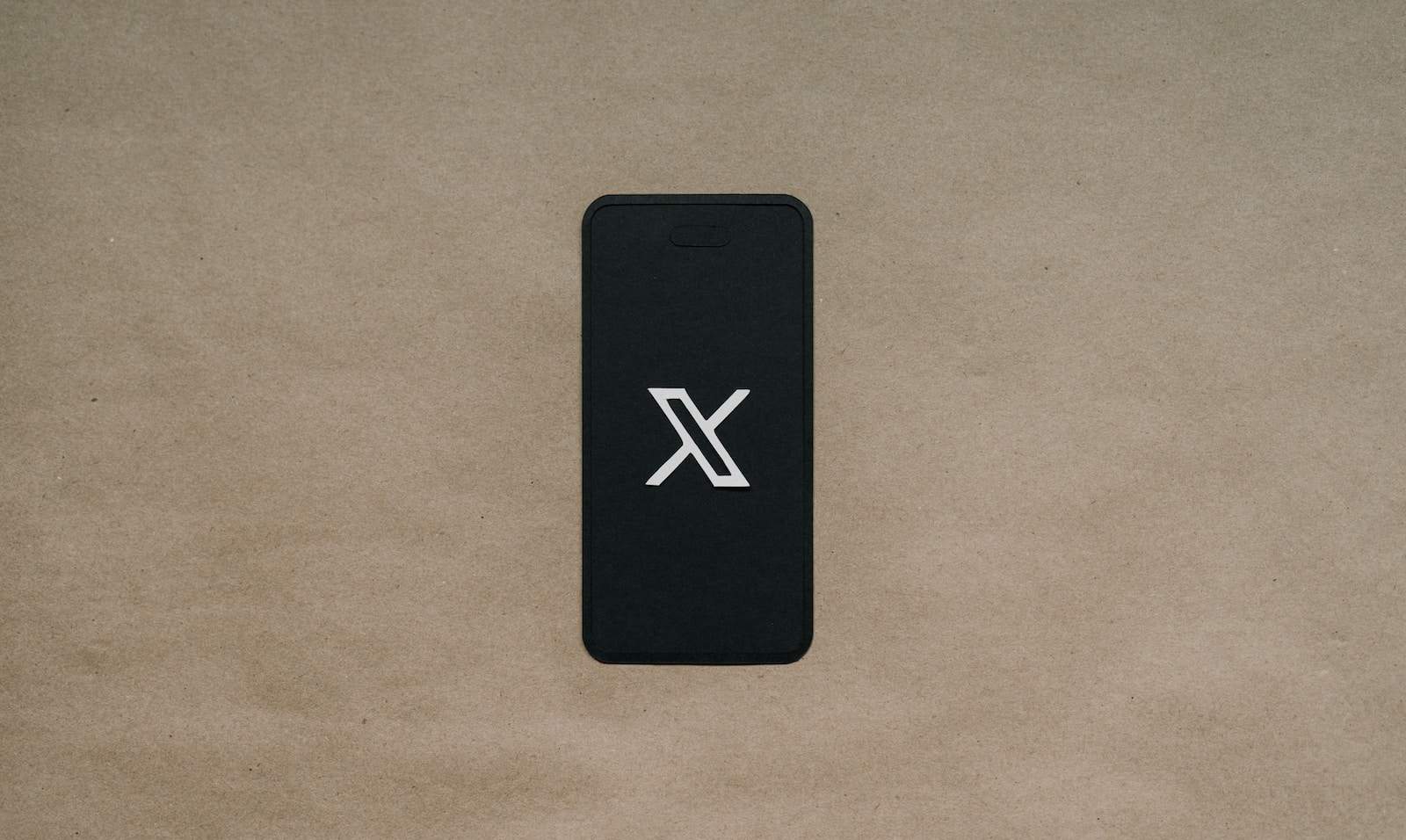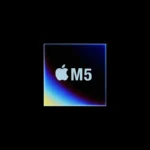Elon Musk has once again shaken up the tech and finance sectors with a surprising internal transaction: he has sold X (formerly known as Twitter) to his AI company, xAI. This all-stock deal values X at $33 billion and xAI at an impressive $80 billion.
While Musk presents this as a visionary merger intended to combine social media reach with advanced artificial intelligence, many observers suspect there is more to it. Critics on the internet view it as a financial maneuver masked as a strategic shift.
We explored several theories shared on forums like Reddit and on X itself, and three prominent theories seem to garner the most agreement. We will present those here.
Behind the Curtain: What’s Really Going On?
According to Musk, the goal of the merger is to combine X’s massive real-time data flow with xAI’s model training capabilities, accelerating the development of its flagship chatbot, Grok, and other AI products. He framed the acquisition as a way to enhance user experiences, accelerate the pursuit of truth, and push the boundaries of AI innovation. It’s a polished narrative—one that appeals to technophiles and investors alike.
But that’s only part of the story.
The timing, structure, and execution of the deal have drawn intense scrutiny. Musk, after all, is effectively selling a company he owns to… a company he also owns. This internal asset shuffle comes just as Tesla’s stock is slumping and questions swirl about the financial health of X, which he purchased in 2022 for $44 billion—a price tag that far exceeds any recent independent valuations.
(THEORY 1): Financial Maneuvering
Financial analysts and Reddit detectives alike are pointing out that this move might have less to do with AI innovation and more to do with keeping Musk’s financial empire intact. There’s a growing belief that this merger helps Musk:
- Avoid margin calls on loans backed by Tesla shares, which are under pressure.
- Restructure or shift debt incurred during the Twitter purchase to a different entity.
- Preserve paper valuations to avoid marking down the value of X and realize losses.
- Unlock tax advantages by manipulating perceived gains/losses across entities he controls.
Redditor M0t0rbreath laid it out clearly: Musk used 238 million Tesla shares as collateral to finance the Twitter purchase. If Tesla stock continues to drop, Musk risks a forced liquidation that could crash the company’s stock even further. By transferring X to xAI (flush with investor cash from a recent multi-billion-dollar raise), he might be insulating himself from that chain reaction.
It’s a classic billionaire move: turn an overleveraged, depreciating asset into a shiny new toy in a more promising industry—AI.
(THEORY 2): The AI Angle – Grok
From a data standpoint, this merger has some real teeth. Twitter (now X) is a goldmine for training large language models—an always-on stream of conversations, arguments, memes, slang, and real-time news from around the globe.
By owning X outright, xAI can scrape, train, and fine-tune its models without legal or ethical gray areas that other companies are running into. OpenAI, for example, is currently locked in disputes with news publishers and copyright holders over unauthorized data usage. Musk’s setup avoids all that. He owns the data now, fair and square.
But that opens a new can of worms: algorithmic bias, political slant, and information warfare. As one Redditor put it, “Bots training bots.” There’s concern that Musk, who’s shown a tendency to lean into provocative political rhetoric on his platform, could now channel that same worldview into AI models that billions may eventually interact with.
(THEORY 3) Corporate Shell Games
Many observers have drawn parallels between this move and Musk’s 2016 deal to have Tesla acquire SolarCity—a struggling solar panel company founded by his cousins. That transaction was pitched as synergy but later drew shareholder lawsuits alleging self-dealing. Sound familiar?
Some have suggested that Musk is playing financial 4D chess—shuffling assets and liabilities between entities to maintain control, dodge debt, and keep funding pipelines open.
Others speculate this is about valuation manipulation: xAI now appears to own a major social platform, making it look like a more mature, diversified, and valuable company just in time for future fundraising—or even an IPO.
Investors Left in the Dark?
Reports suggest Musk did not seek permission from minority shareholders in X or xAI before orchestrating the deal. The Saudi Arabian royal family, among other big investors, reportedly holds stakes in both entities. While Musk has the controlling interest, that kind of unilateral decision-making could draw regulatory scrutiny—especially given his fiduciary obligations to xAI’s outside investors.
There are whispers of potential securities fraud, tax manipulation, and breaches of corporate governance—though it’s unclear whether any formal investigations are underway.
What This Means Going Forward
This deal is about far more than AI. It’s about perception, valuation, and leverage. It highlights how the worlds of tech, finance, and personal branding can collide in strange and powerful ways when one man owns the board, the pieces, and the rulebook.
Yes, on paper, it’s a merger between a social media giant and a hot AI startup. But in practice, it looks like a desperate bid to cover losses, maintain control, and prop up sagging financial pillars—disguised as innovation.
Will it work? Will regulators step in? Will xAI become the next AI superpower, fueled by the firehose of real-time human data? Or will this be another cautionary tale of overreach, self-dealing, and financial house-of-cards building?
In Musk’s universe, the line between genius and grift is always razor-thin. And once again, the world is watching.
Key Takeaways
- Elon Musk purchased Twitter for $44 billion on October 27, 2022, finalizing the deal after months of negotiations and legal challenges.
- Musk made immediate structural changes to Twitter, including leadership overhauls and shifts in content moderation approaches.
- Recently Musk announced the sale of X to xAI (another company he controls) for a price of $33 Billion plus the assumption of $12 billion in debt
Elon Musk’s Acquisition of Twitter
Elon Musk’s acquisition of Twitter began in April 2022 with a $44 billion offer, which was finalized on October 27, 2022. After initial attempts to back out due to concerns about spam accounts, Musk proceeded with the deal. Following the acquisition, he made significant changes to the company, including firing executives and altering content moderation policies.
Musk served as CEO until June 2023, when Linda Yaccarino took over. Despite early advertiser concerns leading to a drop in company value, recent reports indicate Twitter may be recovering financially.
Elon Musk completed his purchase of Twitter on October 28, 2022, for $44 billion. The deal came after months of back-and-forth negotiations and legal battles throughout 2022.
The acquisition process began in April 2022 when Musk first disclosed he had purchased over 9% of Twitter’s shares on the open market. This initial move made him the largest shareholder in the company.
Musk offered to buy Twitter at $54.20 per share, representing a 38% premium over Twitter’s stock price from April 1, 2022. This price valued the social media platform at $44 billion.
The Twitter Board eventually accepted Musk’s offer after initially resisting the takeover. Musk stated he wanted to promote free speech on the platform and make changes to Twitter’s content moderation policies.
To finance the deal, Musk used a combination of his own equity, investments from partners, and debt financing. Some of his partners included Fidelity, which helped provide the necessary funds.
After the acquisition, Musk implemented significant changes to the platform. He focused on issues he had highlighted during the acquisition process, including content policies and spam reduction.
The deal marked one of the largest tech acquisitions in history and transformed the popular social media platform under Musk’s vision of how such platforms should operate in a democratic society.
Impact on Twitter and the Social Media Landscape
Elon Musk’s acquisition of Twitter in October 2022 for $44 billion marked a significant shift in social media dynamics. His takeover introduced sweeping changes to the platform’s operations, moderation policies, and business model.
Changes in Market Valuation and Stock Performance
Twitter’s value underwent dramatic changes following Musk’s acquisition. After taking the company private, Twitter no longer traded on public markets, eliminating the transparency of traditional stock performance metrics. However, internal valuations have fluctuated significantly since the takeover.
Fidelity, a major investor in the deal, marked down its equity stake in Twitter by approximately 65% by early 2023. This substantial decline suggested the company’s value had dropped to roughly $15 billion – far below Musk’s purchase price.
The rebranding from Twitter to “X” further complicated valuation assessments. The platform’s revenue reportedly fell by about 50% as many advertisers paused or reduced spending due to concerns about content moderation and brand safety.
Musk’s Vision for Twitter and Free Speech
Musk positioned himself as a “free speech absolutist” and promised to transform Twitter into a digital town square. He reinstated previously banned accounts, including several controversial political figures, and reduced content moderation teams.
His approach emphasized fewer restrictions on speech, which he claimed would benefit democracy. The platform’s verification system was overhauled with the introduction of Twitter Blue, allowing users to purchase verification badges.
The new direction included significant staff reductions, with approximately 80% of Twitter’s workforce let go through multiple rounds of layoffs. These cuts affected teams responsible for trust and safety, raising concerns about the platform’s ability to manage harmful content.
Reactions from Advertisers and Investors
Major advertisers responded cautiously to Musk’s changes. Companies like General Motors, Pfizer, and Volkswagen temporarily paused advertising spending on the platform, concerned about brand safety in a less moderated environment.
Twitter’s ad revenue reportedly dropped by 50-60% in the months following the acquisition. Musk publicly criticized advertisers who pulled back, creating tension with the platform’s primary revenue source.
Some investors in Musk’s deal expressed disappointment with the return on investment. Financial backers included venture capital firms like Andreessen Horowitz and wealthy individuals who collectively contributed billions to the purchase.
The platform’s user base experienced fluctuations, with some users leaving for alternatives like Mastodon and Bluesky, while others joined due to changes in content policies. This shifting landscape continues to evolve as Musk implements his vision for the platform.
Frequently Asked Questions
Elon Musk acquired Twitter on October 27, 2022, after a complex acquisition process that lasted several months. The $44 billion deal marked one of the most significant social media ownership changes in recent history.
What were the reasons behind Elon Musk’s acquisition of Twitter?
Elon Musk expressed concerns about Twitter’s content moderation policies and a desire to promote free speech on the platform. He believed Twitter had strayed from its mission as a “digital town square” where important matters could be debated.
Musk also indicated he wanted to eliminate spam bots and authenticate all human users. The tech entrepreneur saw untapped potential in the platform and believed he could implement significant improvements to its functionality and business model.
Who were the previous major shareholders of Twitter before Elon Musk’s takeover?
Before Musk’s acquisition, Twitter was a publicly traded company with institutional investors holding significant stakes. Major shareholders included investment firms like Vanguard Group, Morgan Stanley, and BlackRock.
Jack Dorsey, Twitter’s co-founder and former CEO, maintained a notable ownership position. The Saudi Arabian Prince Alwaleed bin Talal was also among the larger individual shareholders through his Kingdom Holding Company.
What percentage of Twitter does Elon Musk currently hold?
Elon Musk owns approximately 100% of Twitter following his acquisition. The deal took Twitter from a public company to a privately held entity under Musk’s control.
The complete buyout gave Musk full ownership and control over all aspects of the company. This allowed him to make sweeping changes without needing approval from other shareholders or a board of directors.
Can you provide a summary of the notable changes to Twitter since Elon Musk’s purchase?
Musk rebranded Twitter to “X” in July 2023, marking a significant shift in the platform’s identity. He implemented a paid verification system called Twitter Blue (later X Premium), allowing users to purchase verification badges.
The company underwent massive staff reductions, with reports indicating more than 80% of the pre-acquisition workforce was laid off. Content moderation policies changed significantly, with Musk reinstating previously banned accounts and taking a more hands-off approach to content regulation.
The platform also introduced new features like longer posts, subscriber-only content, and revenue sharing for creators. Algorithm changes affected how content appears in users’ feeds.
What is the current market valuation of Twitter following Elon Musk’s ownership?
Twitter’s current market valuation is difficult to determine precisely since it became a private company after Musk’s acquisition. Internal valuations have reportedly fluctuated significantly.
In March 2023, Musk reportedly valued the company at around $20 billion in an email to employees, less than half the $44 billion he paid. More recent internal valuations have varied, with employee stock grants sometimes suggesting different valuations.
The company’s value remains speculative without public market trading to establish its worth.
What date marks the completion of Elon Musk’s acquisition of Twitter?
Elon Musk completed his acquisition of Twitter on October 27, 2022. The deal closed at Musk’s original offer price of $54.20 per share, totaling approximately $44 billion.
The acquisition followed a tumultuous negotiation process that began in April 2022. Musk initially tried to back out of the deal in July 2022, claiming Twitter misrepresented the number of spam accounts on the platform, but ultimately followed through with the purchase in October.







